The last few weeks have left me pondering over, how Millennials will grow old differently? After listening to several podcasts, reading a couple of articles, like this article from Age UK Mobility about what to expect from future over 60s and sitting down to talk pensions with a Financial Advisor, I couldn’t help but question a few things. I thought I’d share my ramblings and question- just how will Millennials grow old differently?
Millennials are the first generation in human history that can expect to reach their 90s in large numbers, spending one-third of their life as “old people”. According to an article in time Magazine the U.S. will have an estimated 8 million people in their 90s by the year 2050. Here in the UK the Office for Nation Statistics (2019) states that number of centenarians has increased by 85% over the last 15 years. Here are just a few factors that might impact how Millennials grow old differently…
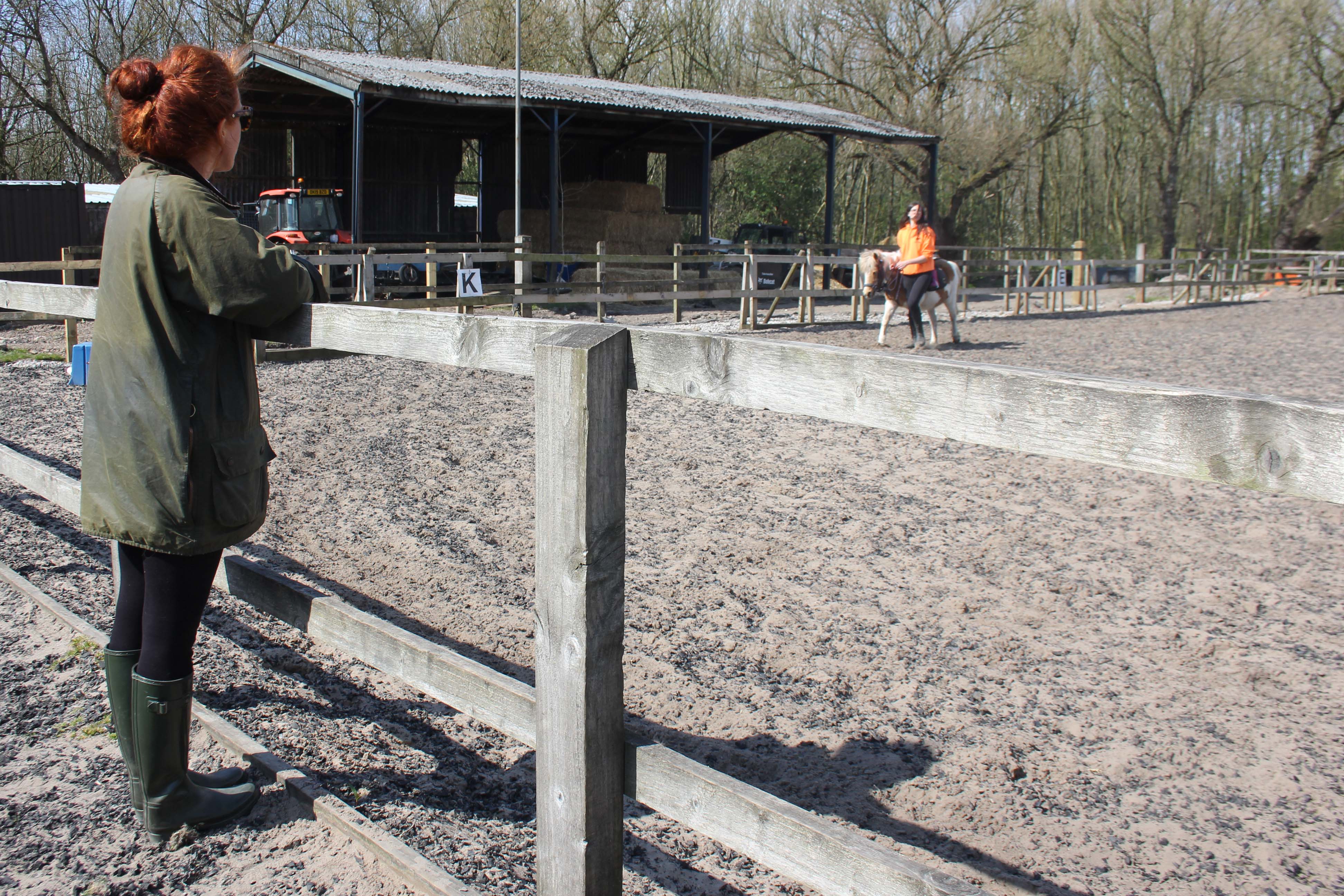
Environment:
I could hardly speak of the future for millennials without touching on the environment. If you’ve turned on the television in the last few years or picked up a newspaper, you’ll be well aware of the devastating impact our actions have had on the planet. The mistakes of the past will shape the look of our future. David Attenborough’s acclaimed TV series ‘Blue Planet II’ and ‘Our Planet’ on Netflix has already had a positive impact on shifting people’s behaviour.
According to a study by GlobalWebIndex looking into sustainable packaging in both the UK & USA, 42% of consumers say that products that use sustainable materials are important when considering their day-to-day purchases. The study also shows that sustainable materials are more of a consideration for younger consumers. The ‘Attenborough effect” has meant half of consumers reportedly reducing the amount of disposable single-use plastic they are using in the last year alone. Given the estimated increase in life expectancy Millennials are making in-roads into improving the human impact on the environment, leading the way for the next generation.
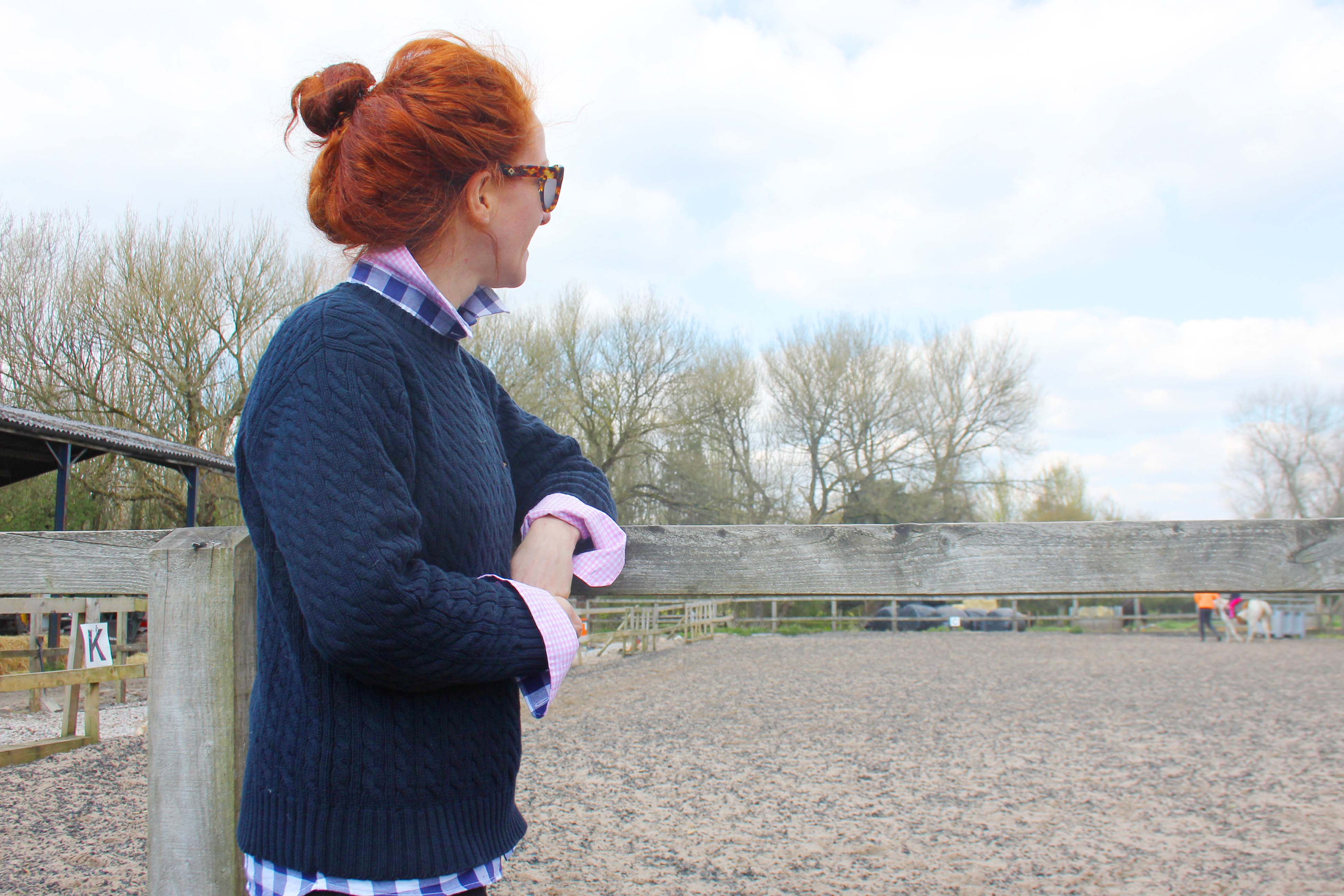
(Outfit: Jumper Ralph Laren, Shirt Rydale)
Health + Wellness:
You’d be in a minority these days if you didn’t know a friend or family member with an autoimmune disease such as Asthma, Lupus, MS, Crohn’s disease, Psoriasis, Celiac disease, Rheumatoid arthritis or Type 1 diabetes. Connect Immune Research, a coalition of medical research charities said autoimmune conditions are increasing by as much as 9% each year. Many autoimmune disease causes are “unexplained” by western medicine. More people now than ever are being diagnosed with chronic illness in their 20s and 30s. This increase is causing Millennials to look to other places for the answers.
Auto-immune disease is an area I’ve been looking into quite a lot over the last few years after having been given my very own diagnosis. Whatever I read, watch or hear around this subject- all arrows point back to the same resounding answer. Autoimmune diseases are caused by inflammation; they are the body’s immune response to a multitude of toxic stressors. The environment we have created both internally and externally allow for autoimmune disease to thrive. The food we eat, products we use, stress, dehydration, environmental pollutants all play a part in the autoimmune disease epidemic.
In my magnesium bath the other night I listened to the goop podcast with Zach Bush MD talking about ‘How soil health is reflected in the gut’. Goop is a health and wellness website founded by Gwyneth Paltrow back in 2008 discussing topics around holistic health and wellness. Zach Bush MD is a triple-board certified physician in the US. Bush spoke about how the health of our soil microbiome determines how healthy or unhealthy we are. He discussed how the pollutants used in mass farming have permeated the soil, water and environment having a negative impact on our gut microbiome.
Looking back to the difference in how we live today compared with the world that the baby boomers grew up in, it is easy to see how this epidemic has taken a hold. I’m currently reading The Clever Guts book by Dr Michael Mosley who looks at the gut, showing how junk food and overuse of antibiotics have wiped out the “good” gut bacteria, leading to a modern plague of allergies, food intolerances and obesity. Millennials are turning to alternatives for answers opting for natural solutions, mindfulness and holistic wellness. The rise in natural products from millennial-led companies such as Deliciously Ella are beginning to meet mass market as consumers become better educated.
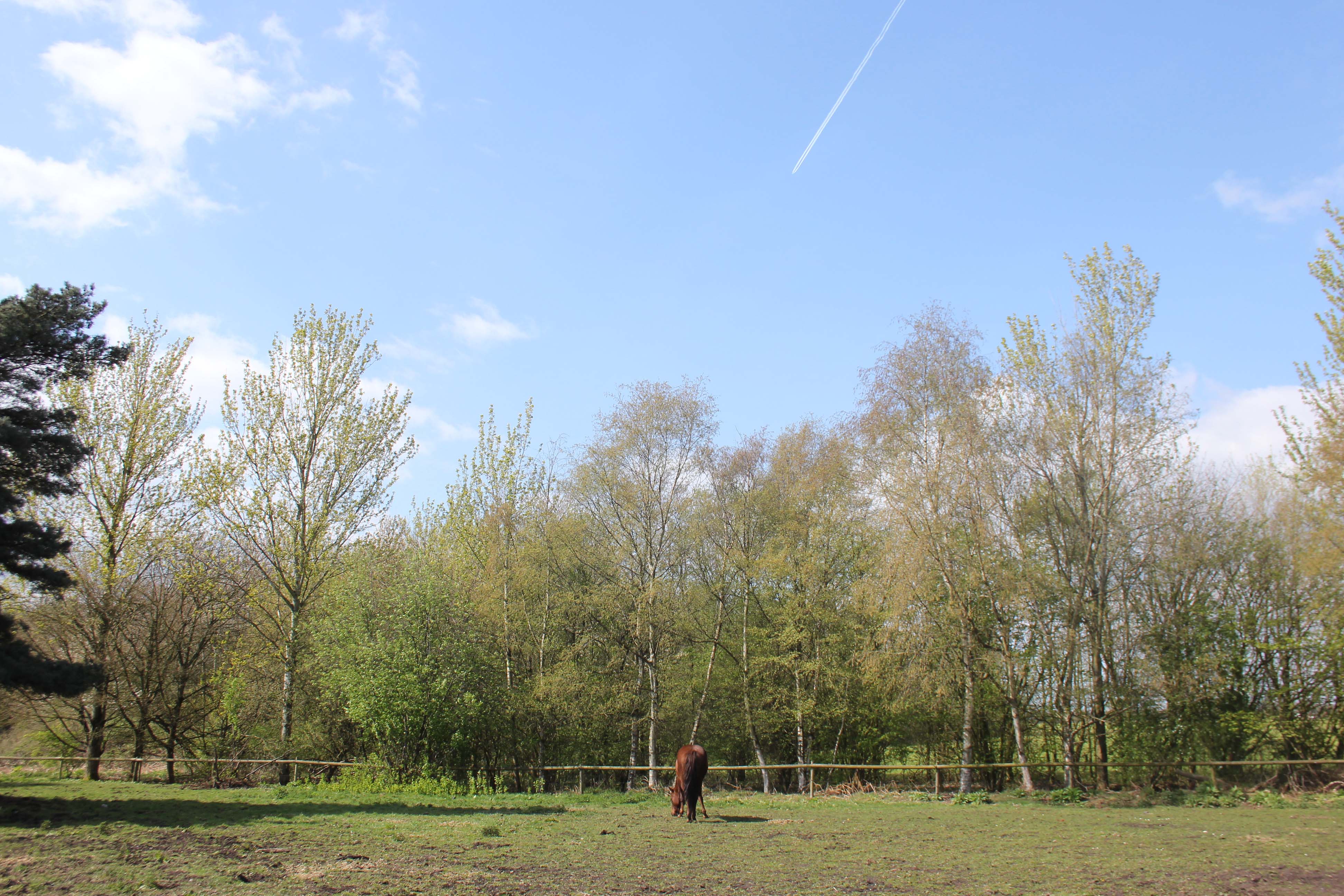
Business + Finance:
Millennials face a unique set of financial issues with the prospect of extended life expectancy. If we are set to spend one-third of our lives as “old people” then our pension, as boring as it sounds- really does need to be considered, which is presumably why the government has rolled out the People’s Pension.
Education related debt is more than five times what it was just 20 years ago. It is no surprise then to read that the number of 20 to 34-year-olds living with their parents in the UK has increased from 2.7million to 3.4million between 1998 and 2017, a rise of 26 per cent, according to think-tank Civitas. The growth in young adults living with their parents has been highest in London, which saw a 41 per cent increase between 1998 and 2015. This rise is due to the increase in rents, house prices and fewer employment opportunities.
Many Millennials struggle to pay the rent, utility bills and student debts without the added pension payment. Perhaps it is time for a shift in the old concept of retirement? New York Times Bestselling Author and Millennial Timothy Ferriss asks this in his book ‘The 4-Hour Work Week’. Ferriss looks at rethinking the norm, focusing on how we prevent our lives from being all about work. Ferriss looks at exchanging career for life, introducing the concept of short work bursts and frequent mini-retirements. This is a book that resonated with me. If we are to live longer, perhaps our health will not be all that good towards the later years of our life– so would it not be wise to enjoy mini-retirements whilst we are still in good health? This book questions the old concept of retirement and delves into new ways of looking at lifestyle design, who knows perhaps the new way of doing things is prophesised in there too!
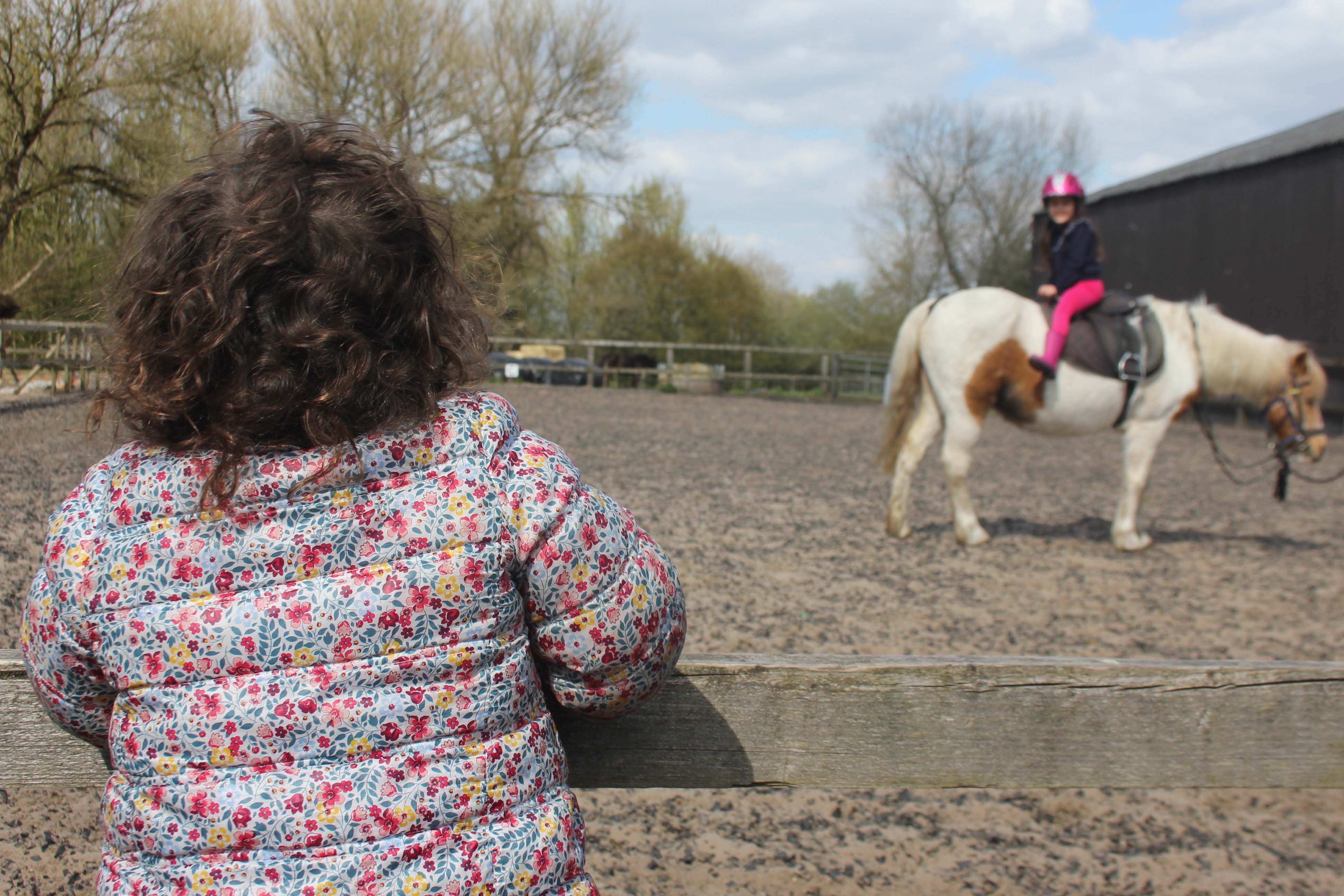
Style:
The term ‘old’ has been redefined with popular shows like Netflix’s Frankie and Grace setting the record straight about what it means to be “old”. I’ve written before about ‘Style and The Elderly’ being “old” does not mean wearing beige leisure suits and shuffling along at a snail’s pace. Millennials will grow old knowing that ageing is not something to fear or dread, that being old doesn’t mean that you’re “past-it”. There are plenty of older influences proving this to be true, take Baddie Winkly for example.
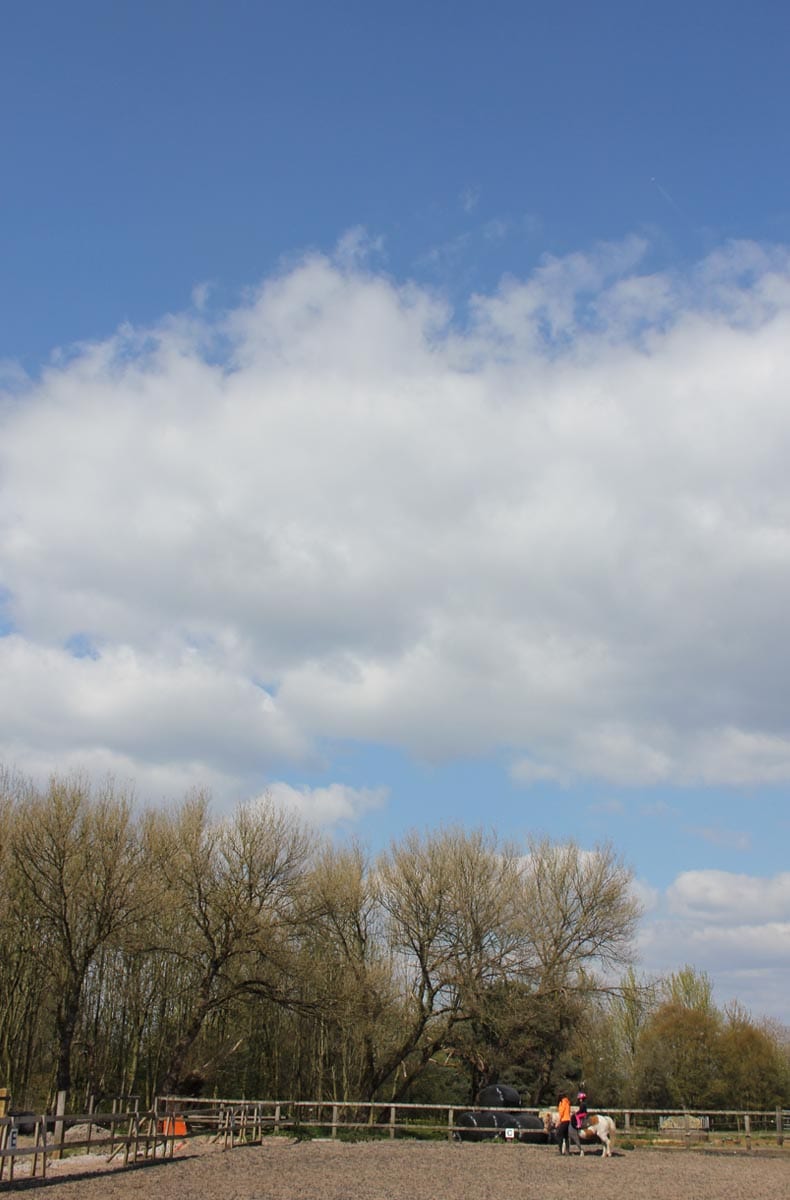
So how will Millennials grow old differently?
As a militant optimist it is my opinion that the future is bright for Millennials. How Millennials will grow old differently will be impacted by so many factors. Our new awareness of the negative impact past generations decisions have had on the planet. This has shifted our focus to cleaning up our environment and saving the planet from complete devastation. Millennials will be living until a ripe old age; improved health education will mean investing in the health of our bodies, to maintain a better “quality of life” for longer. Living at home for longer means getting to spend more time with family- not a necessarily a bad thing! Perhaps “mini retirements” will catch on, creating a less stressful, more enjoyable, healthier and longer life. Millennials can grow older knowing that ageing is not something to fear or dread but to celebrate, as we’re being shown by the cool generation of baby boomers we see all around us. If you enjoyed reading my ramblings, you might also like to read my previous post ‘5 Reasons to be happy about growing old’
“Reality is merely an illusion, albeit a very persistent on” –Albert Einstein
Stay fabulous
Christine





Leave a Reply